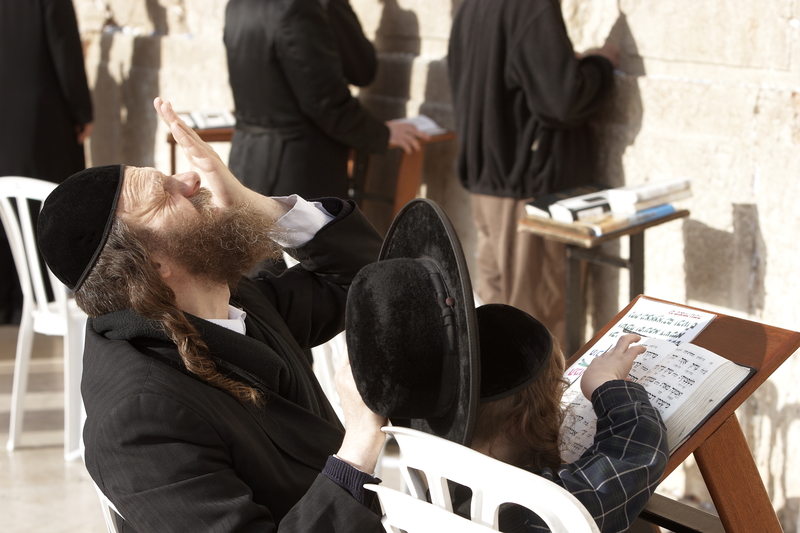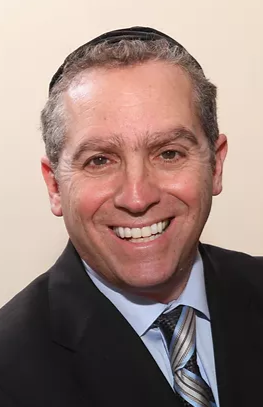Hinuch in the Torah

Education is an extremely important concept that is discussed in great detail throughout our Tanakh. There are many examples within the Torah that can teach us how to succesfully educate our students and children in order for them to become the best possible versions of who they can be.
In Perashat Emor, in the first Pasuk, the Torah uses a double Lashon: Emor el hakohanim b’nei Aharon v’amarta... "Say to the Kohanim, the sons of Aharon, and say to them..." The Torah seems to be using the double Lashon for purposes of emphasis for Aharon to educate his children pertaining to the laws of the Kohanim.
The emphasis being on the importance of Hinuch; that is, educating our children in the proper way.
Rabbi Moshe Feinstein commented that the Torah cautions parents, teachers and adults in general to regulate their own behavior, because the example they set for their children will have a very strong effect and a major influence on them for the rest of their lives. Education in the home plays a pivotal role in the development of a child.
It leaves an indelible imprint upon their character and a strong attitude towards life -- religiously, socially and philosophically. As parents, we must understand that we're performing on stage for our children which will give them the proper Hinuch before we can educate them.
The Vilna Gaon said that the way to educate is to fill the middle cup and let it spill over into the other cups. In other words, as parents, we are the middle cup and by setting a good example, we ensure that our children will learn from us the proper way to act. It has been taught by many Gedolim that the time to begin educating our children is not when they are four or five years old, but before they're even born.
If the motivation of parents or teachers is purely for the student’s benefit, they will succeed. The relationship is a very important factor in a child accepting the lesson at home as well as in school. A child must feel unconditionally accepted and loved.
Rabbanim in Yeshivot often have this type of relationship with their students, a phenomenon which is rarely found in secular schools.
Rav Simhah relates the story of a professor of history in a large secular university for over fifty years who had to come to the Yeshivah to say Kaddish for his father. The professor confessed to Rav Simhah that he's a lonely man now that he's in his latter years. The Rabbi asked him, "How many students have you taught in all your years teaching?" He did a calculation and came up with about 30,000 students.
The Rabbi then asked, "How many of them have invited you to their wedding?" The professor replied, somewhat disheartened, "Not a single one." Imagine a student in a Yeshivah not inviting his Rabbi or Rosh Yeshivah to his wedding? It would be unheard of, because Torah is taught with love and this creates a bond between the Rabbi and the Talmid. A Rabbi views his students as his children and this close relationship is a natural consequence of this attitude.
These concepts are extremely imperitive to keep in mind when attempting to teach any student or child in all subjects; whether it be Jewish studies, secular studies, or even lessons on life. One must wish for the student's success as though it were their own and view them as their own child. With these two key components, success will be inevidable.
Parasha perspective By Jack E. Rahmey from the teachings and guidance of Rabbi Amram Sananes.








